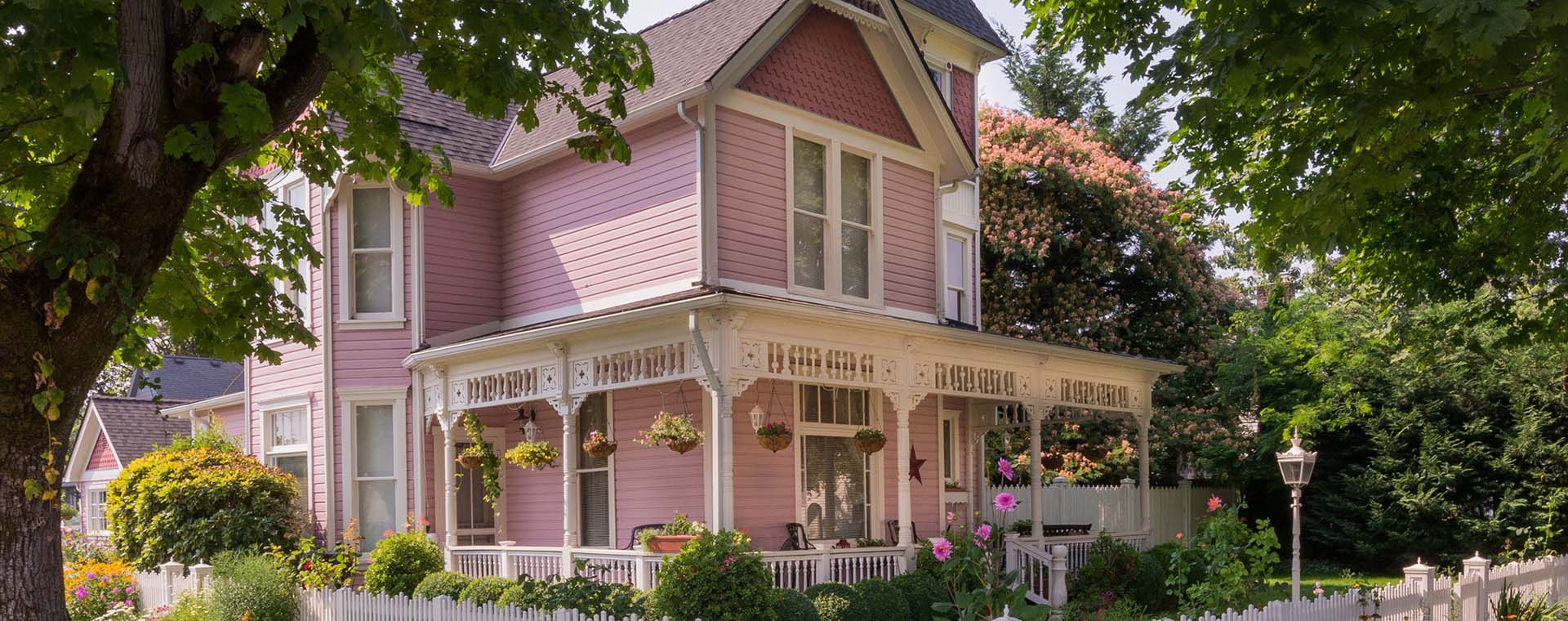
An exceptional chance to live in a piece of local history and retain a beautifully constructed home exists for homeowners of historic homes. But, they also have problems that are not present in newer residences. Before buying a historic home, it's important to know what you're getting into and be ready to provide the upkeep that your home will need.
Residential structures that have some sort of historical significance are known as historic residences. Private residences, business structures with residential units inside, famous sites, entire neighbourhoods, and even entire districts may fall into this category provided certain conditions are met.
A house must be at least 50 years old (with few exceptions) and fulfil one of four requirements to be deemed "historic":
Historic structures can be found anywhere, though some entire neighbourhoods have this designation. You should make sure your finances are in order before you start exploring because the market for historic locations might be competitive.
An exceptional chance to immerse oneself in history and culture is to own a historic property. Investing in one has the following advantages:
You'll possess a special part of history. A historic home may hold sentimental value for some people. Many buyers of historic homes are interested in history and architecture and are looking for a distinctive property that they can relate to. They will be drawn to unique elements and architectural designs in their ideal home.
You'll be a part of a neighbourhood that values preservation. If you purchase a home in a historic neighbourhood, you will be a part of a neighbourhood of home owners who want to maintain the district's character and history, even if it means paying more for their homes and sacrificing some of their property rights.
For remodelling, financial support is offered. Be assured that there are funding options if you're worried about the costs of renovations that come with owning a historic home. Consider a home equity line of credit (HELOC), a mortgage for the purchase and improvements, a second mortgage, or a refinance if you currently have a mortgage.
Although owning a historic home has numerous advantages, there are also a number of significant factors you should take into account before making the purchase:
Building a historic home is difficult. Historic homes frequently need more sensitive attention and care than newer homes because they are older and frequently built before modern construction techniques, though this will mostly rely on how the home has been maintained over the years. Frequent upkeep will be required,plus you'll probably spend a lot of your leisure time on maintenance, so being handy helps.
You'll probably pay extra. Particularly if they include contemporary features like central air conditioning, homes and other properties in historic areas are frequently more expensive. Even if you find a historic home for a reasonable price, you will probably have to spend a lot of money on modifications and restorations because the materials will be more expensive.
There can be limitations on renovations. In order to conserve local history, historic residences are subject to a unique set of real estate laws and guidelines, including prohibitions on interior design changes, the preservation of outdoor areas, and the use of only specific exterior building materials. You could find it more challenging to perform maintenance and renovations with the restrictions.
Not every component will be totally updated. There may frequently be a clash of décor items inside a historic property because it has survived many decades and owners. This is due to the fact that décor is frequently exempt from the historic preservation requirements that affect interior and exterior components. As a result, the home may include outdated design elements from several eras.
Although not everyone should own a historic property, if you are prepared to put in the work, it can be quite rewarding. Working with a trustworthy home inspector with knowledge of historic properties will enable them to spot warning flags that other inspectors might miss. You can find the ideal historic home with the help of the RE/MAX real estate professionals.